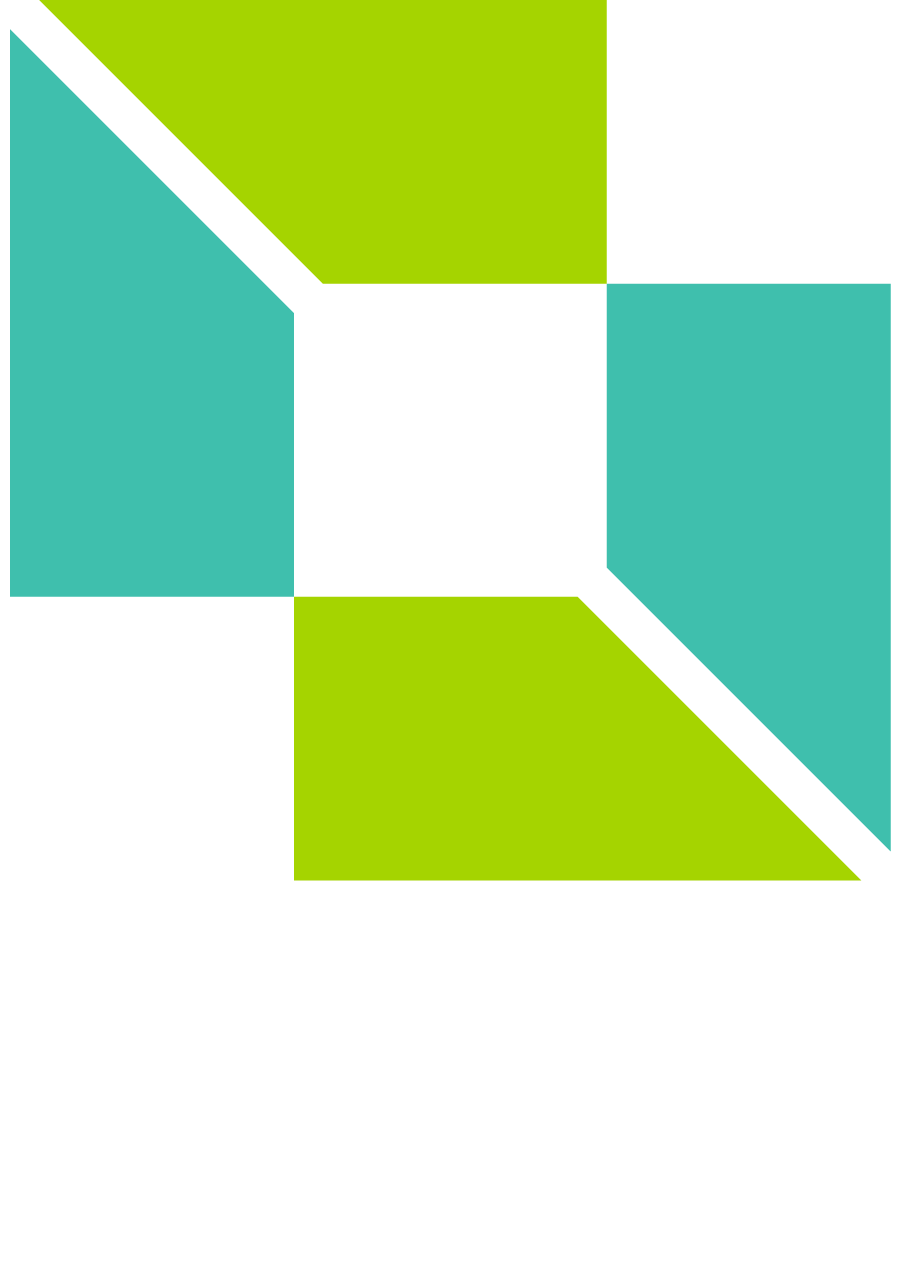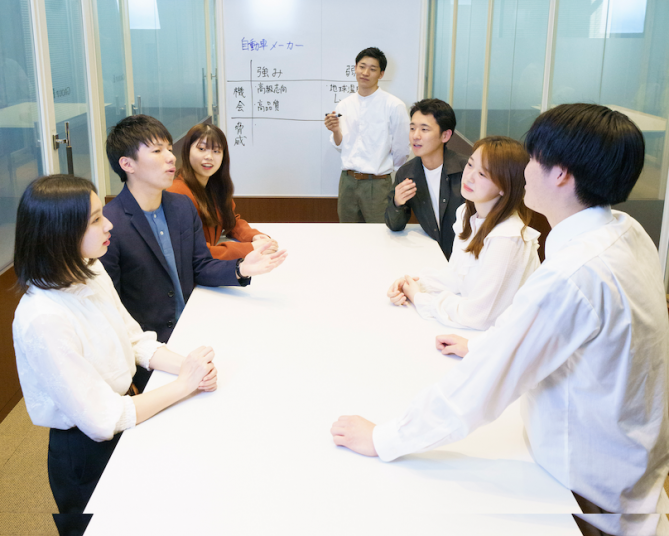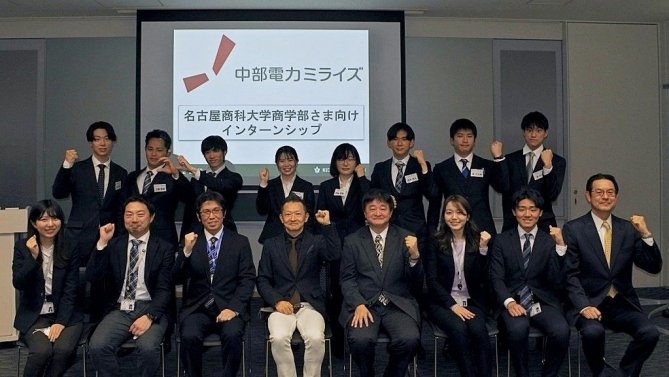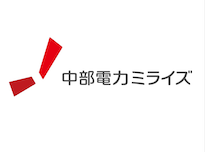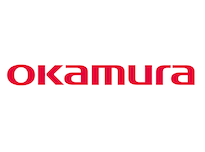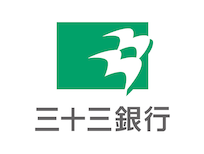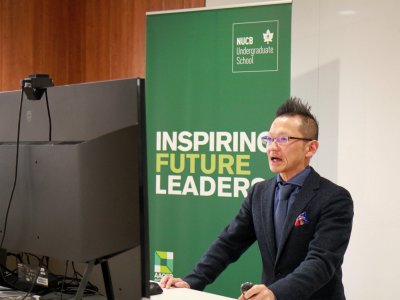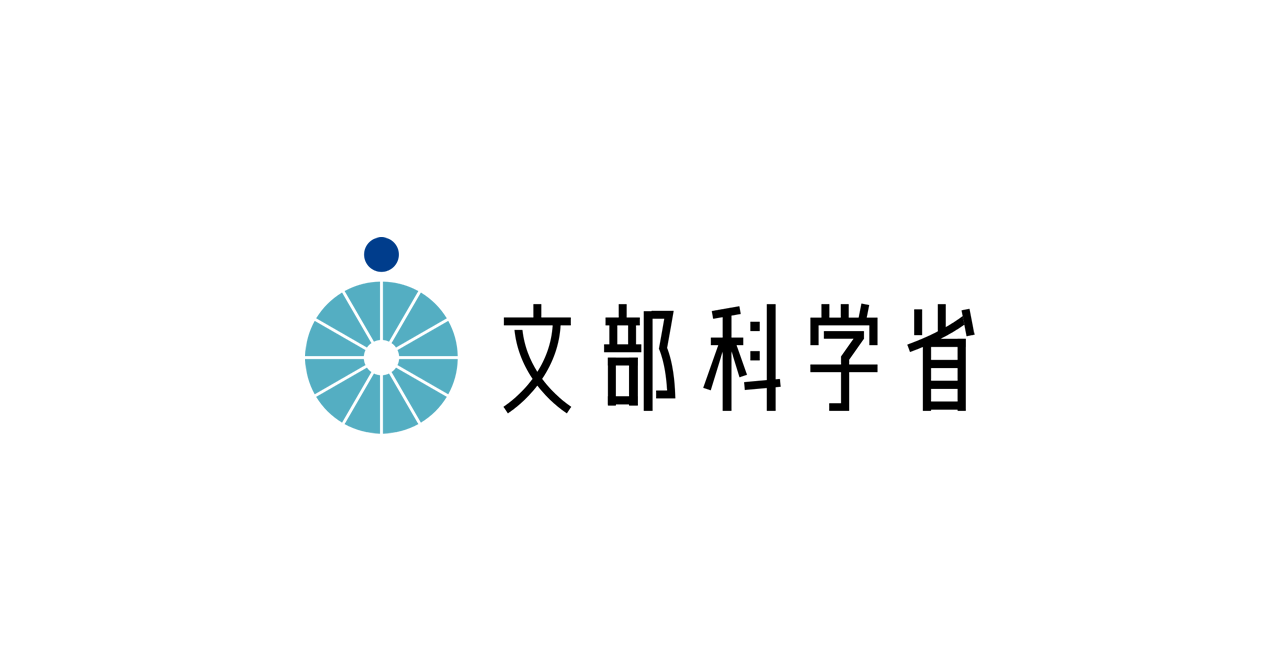Project Title: "Training of Entrepreneurs and Educational Systems for Extramural Collaboration Using Field Methods to Complement the Case Method"
NUCB has been selected by the Ministry of Education, Culture, Sports, Science and Technology (MEXT) for its "Menu III Intensive Education Program for Human Resource Development Project to Support Knowledge Intensive Society. Out of the three schools nationwide, NUCB is the only institution in the Tokai area to receive this honor.
Under this program, NUCB offers an intensive education curriculum that effectively integrates the "case method" and the "field method." By fully incorporating the field method, students can gain hands-on business experience through off-campus practical training. This dynamic approach enables NUC to develop future leaders equipped with problem-solving and communication skills, providing them with the best of both worlds - the case method and the field method - to maximize their potential.
The learning experience at NUCB involves discussing case studies and practical exercises that take place in the field, allowing students to apply theoretical concepts to real-life situations.
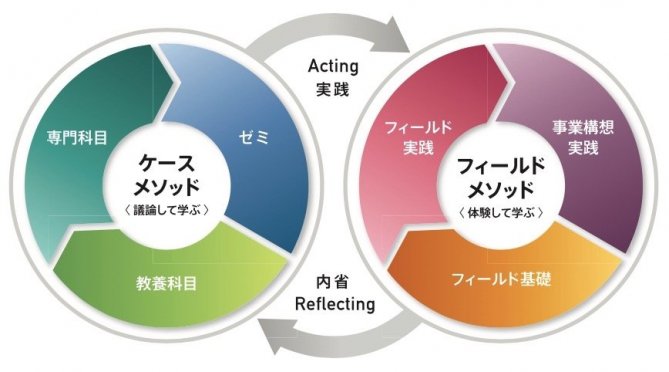
Intensive education allows students to carefully select and concentrate on subjects, leading to high-quality and self-directed learning.
Case Method
NUCB employs the case method, a traditional and highly effective learning approach in MBA education, which places students in a leading role. Students assume the role of the protagonist in business challenges based on realistic teaching materials known as "cases" and engage in group and class discussions. This methodology enables students to hone their decision-making, logical thinking, and dialogue skills.
Examples of cases used
- Amazon
- Apple
- IKEA Japan
- McDonald's Japan
- Toyota Motor Corporation
Field Method
NUCB's program offers a platform for students without practical business experience to practice their skills. By solving problems through "experience" and "discovery" outside the classroom, students can gain practical knowledge that supplements the case method. Internships and business contests, usually held off-campus, are also integrated into classes, allowing faculty members to provide solid guidance. This approach provides students with a comprehensive learning experience that combines theoretical concepts with practical application, enabling them to develop essential business skills step by step.
Internship
NUCB's work experience program (Japanese) enables students to gain practical industry experience by working at various companies and organizations for a set period. The Faculty of Commerce has its own companies and organizations to which students are dispatched, and internships are also available at reputable local and well-known firms. This program allows students to challenge themselves with work experience that is not available on campus, providing them with a deeper understanding of the industry and motivating them to study more effectively.
Business Plan Contest
The business contest is an opportunity for students to search for potential business ideas by gathering information during their internships at client companies. Using this information, they develop and present a business concept from the perspective of a leader. Contestants propose innovative solutions such as new products and services, business model changes, and social issue resolutions. The goal is to identify what customers really want and create value for the business.

 Download
Download
 Infosession
Infosession
 Application
Application
 Open Campus
Open Campus
